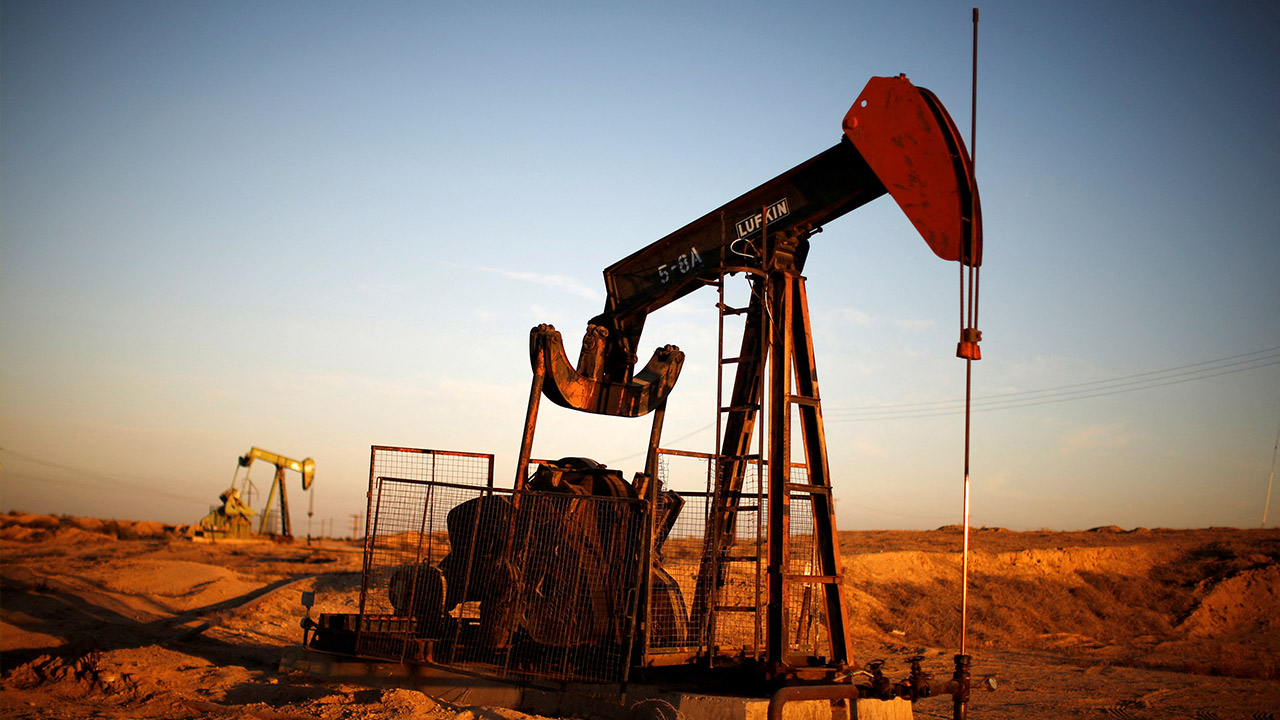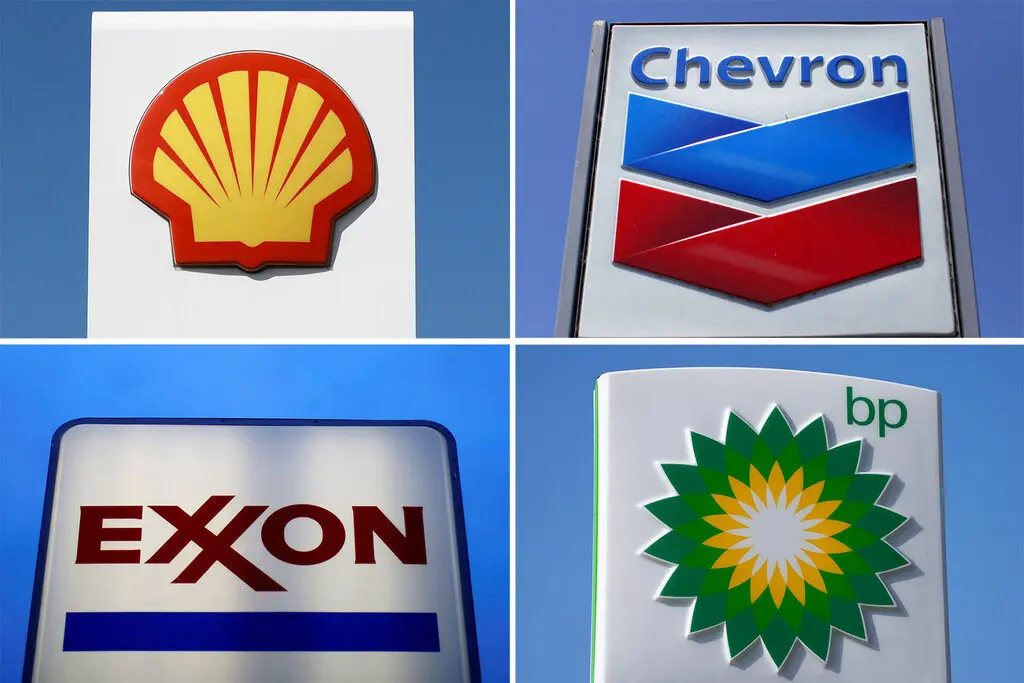Big Oil made a robust case against a swift transition to green energy during an industry conference held this week, buoyed by high demand and soaring profits despite mounting concerns over climate change.
At the annual CERAWeek gathering in Houston, executives expressed optimism about the continued growth of fossil fuel consumption, a stance divergent from the pledges made by world leaders at the COP28 climate summit to shift away from fossil fuels and increase renewable energy usage threefold by 2030.
Alan Armstrong, CEO of Williams, the largest US gas pipeline company, highlighted the positive environment for the oil and gas industry, contrasting it with previous predictions of a rapid transition to renewables and batteries, which are now deemed economically unfeasible.

These bullish sentiments emerged amidst record temperature increases and escalating scientific apprehensions regarding the imperative to reduce greenhouse gas emissions to address climate change.
The UN’s World Meteorological Organization labeled 2023 as the hottest year on record, citing unprecedented temperature rises, glacial retreat, and rising sea levels, indicating a critical juncture in climate discourse.
However, industry leaders argue that consumers are unwilling to bear the costs associated with a rapid shift to wind and solar energy.
They cite the expanding construction of power-hungry artificial intelligence data centers, population growth, and widespread electrification as driving factors necessitating continued reliance on all forms of energy, except coal, to meet rising demand.
While renewable energy executives rebuffed the fossil fuel narrative, Big Oil maintained its stance, emphasizing the need for dependable electricity to support the burgeoning power demand fueled by data center proliferation.

Toby Rice, CEO of EQT, emphasized the indispensability of hydrocarbons in providing reliable power for critical infrastructure like data centers.
Despite projections by the International Energy Agency (IEA) anticipating peak oil and gas demand before the decade’s end and the accelerated deployment of renewables globally, Big Oil remains skeptical, challenging the IEA’s forecasts and stressing the enduring relevance of fossil fuels in meeting energy needs.
However, the IEA faces criticism from Big Oil and Republican lawmakers in the US, who accuse the agency of veering from its core mission of promoting energy security by adopting what they perceive as misguided stances on fossil fuels.
Outside the conference venue, protesters staged a symbolic “funeral march,” decrying the industry’s pollution in Gulf communities and its contribution to climate change.







Leave a Reply